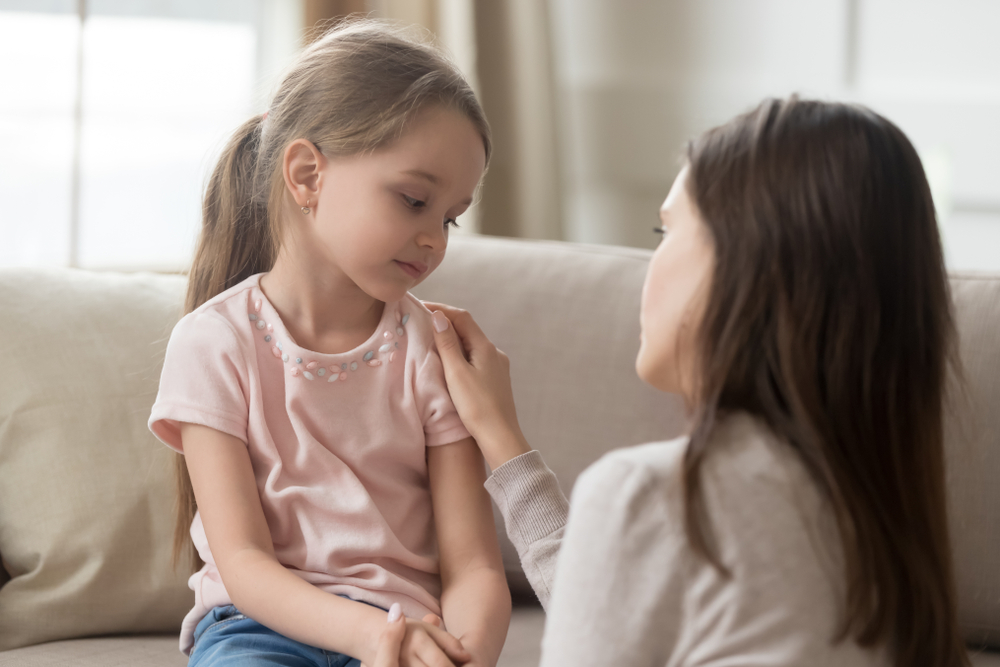Depression has become an integral term used in American society to describe sadness.
However, depression, also known as major depressive disorder (MDD) or clinical depression, is listed as a neurological illness in the Diagnostic and Statistical Manual of Mental Disorders, Fifth Edition (DSM-5) and is recognized as a serious mood disorder.
The World Health Organization (WHO) explains that depression is “characterized by persistent sadness and a lack of interest or pleasure in previously rewarding or enjoyable activities,” resulting in significant impairment in one’s daily life. It is imperative to become aware of and able to recognize the warning signs of teenage depression, as it can be difficult to distinguish between typical adolescent behaviors and behaviors that are an indication that something may be awry.
Signs and Symptoms
Every child is unique and as such the signs and symptoms of depression will manifest distinctly. Some young people may experience a loss of interest in previously enjoyed pastimes such as sports, school, friendships, etc. Teens may experience significant weight fluctuations, changes in sleep habits (e.g., sleeping too much, or inability to fall asleep or stay asleep), and/ or low self-esteem. Additional examples of common signs and symptoms that could be exhibited by a child struggling with depression, may include, but are not limited to any combination of the following, provided by the Mayo Clinic:
- Agitation
- Irritability
- Random crying spells
- Excessive feelings of guilt
- Extreme self-criticism
- Social isolation
- Difficulty concentrating
- Overly sensitive to failures or rejection
- Body aches
- Lack of proper hygiene
- Self-harm (e.g., excessive piercing, cutting, burning, etc.)
- Risky behavior
Symptoms can range from mild to severe and will directly depend on the adolescent and his or her circumstances. Nevertheless, Harvard Medical School explains that the most prominent symptoms of depression include a severe and persistent low mood, profound sadness, or a sense of despair.
DSM-5 Diagnostic Criteria
To be diagnosed with major depressive disorder, a young person’s symptoms must fit the criteria outlined in the DSM-5. An adolescent must be experiencing five or more of the following symptoms during the same 2-week period and at least one of the symptoms should be either (1) depressed mood or (2) loss of interest or pleasure:
- Depressed mood most of the day, nearly every day.
- Markedly diminished interest or pleasure in all, or almost all, activities most of the day, nearly every day.
- Significant weight loss when not dieting or weight gain or decrease or increase in appetite nearly every day.
- A slowing down of thought and a reduction of physical movement (observable by others, not merely subjective feelings of restlessness or being slowed down).
- Fatigue or loss of energy nearly every day.
- Feelings of worthlessness or excessive or inappropriate guilt nearly every day.
- Diminished ability to think or concentrate, or indecisiveness, nearly every day.
- Recurrent thoughts of death, recurrent suicidal ideation without a specific plan, or a suicide attempt or a specific plan for committing suicide.
These symptoms must cause the child clinically significant distress or impairment in social, educational, or other important areas of functioning. The symptoms must also not be a result of substance abuse or another medical condition. Although depression can develop at any age, symptoms commonly surface in adolescence and young adulthood.
Further Information and Support
For most of us, life can be very stressful, leading us to feel emotionally charged, which can cause anxiety, panic attacks, depression, and getting stuck in a cycle of being burdened with negative thoughts. Navigating through the challenges and emotional turmoil of life can be overwhelming, but you do not have to go through it alone. Engage Treatment is a Joint Commission Accredited professional psychological practice. We specialize in treating children, teens, and young adults struggling with depression and anxiety through community-focused treatment plans that incorporate a carefully selected combination of therapeutic interventions. Our compassionate, multidisciplinary practitioners are devoted to providing the highest quality of care that helps ignite positive change and enables clients to reach optimal health and well-being. Please do not hesitate to reach out for guidance. We are happy to answer questions and provide you with any additional information. Feel free to call us at 805-497-0605 or email us at [email protected]. You are also welcomed to get in touch by filling out our contact form. We look forward to connecting and having the opportunity to discuss how we might best be able to support you.
Contact Us
Westlake Campus:
IOP Program
2625 Townsgate Road, Suite 210
Westlake Village, California 91361
Agoura Campus:
Private Therapy & Parenting Program
30300 Agoura Road, Suite 250
Agoura Hills, CA 91301
805-497-0605
805-371-4862











© 2023 Engage Treatment Program, Inc. All Rights Reserved.
LGBTQ Friendly
About
• About Engage
• Our Team
• Career Opportunities
• Individual / Family Therapy






